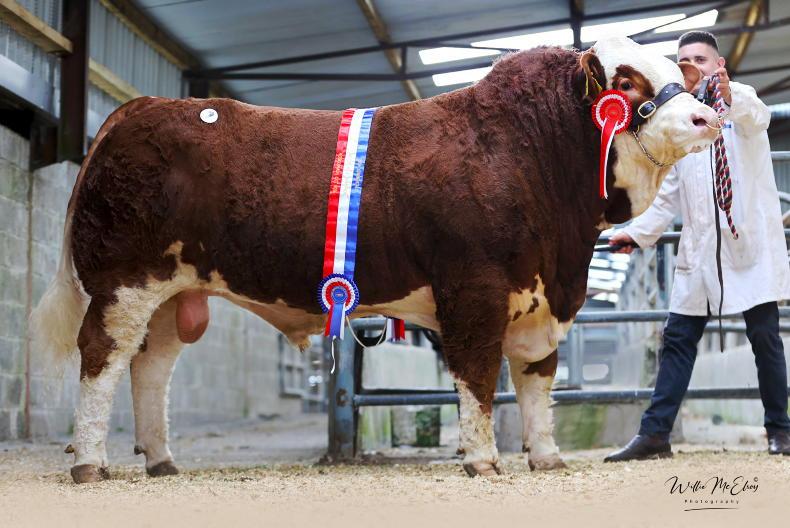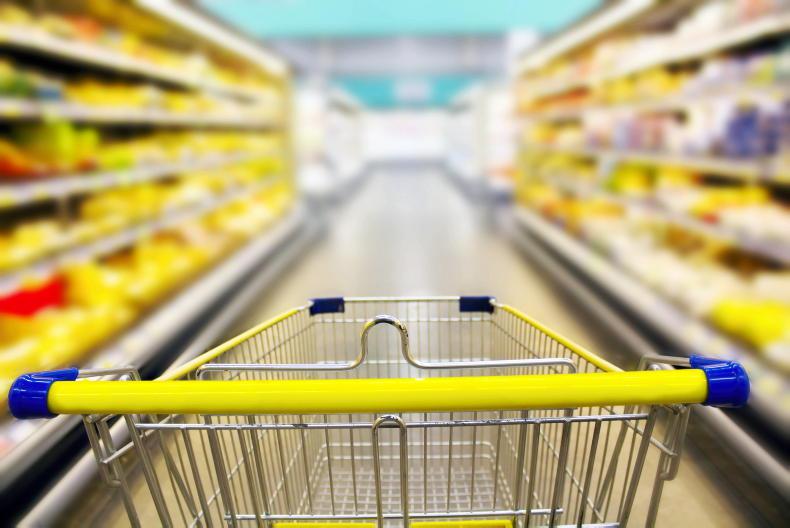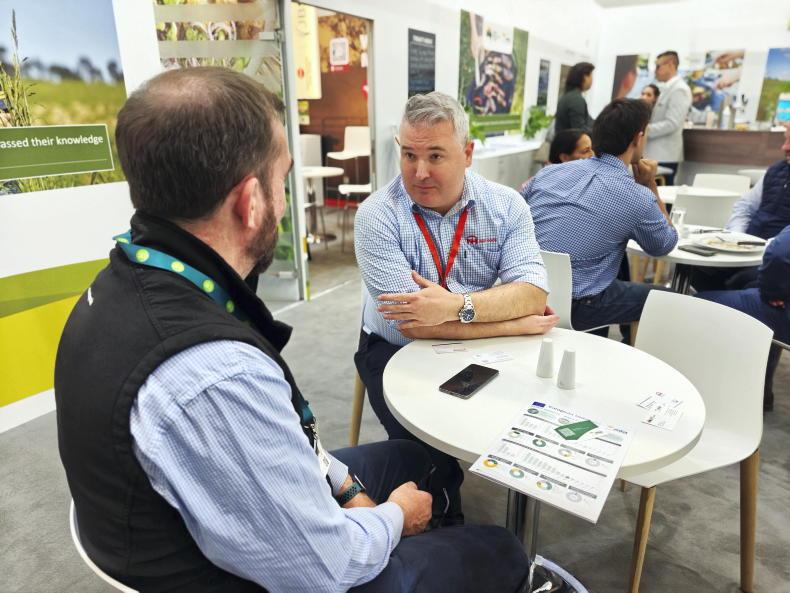Despite Brexit and the Northern Ireland Protocol, Britain – because of its population size, wealth and proximity – is still a critically important market for Irish farm and food exports.
During the week I was glad to be invited to a briefing on how they viewed their farming world. Britain’s willingness and capacity to grow its own food has been a real rollercoaster.
In the late 19th century, after the repeal of the Corn Laws and the opening up of their colonies, it grew no more than 30% of the food requirements that they could grow themselves. By the second world war it was still just 40% – a level the post war Labour government was determined to change.
Today Britain is about 70% self-sufficient in products that can be grown on home soil. Liquid milk and lamb head the list at 100% self-sufficiency, with wheat at 88% and beef at 86%.
At present prices these sectors are profitable, but the UK government is still struggling post-EU to come up with a system to ensure a livelihood for those farming on the uplands and on marginal land.
What they have done is to convince their government that food and farming is an integral part of the “levelling up“ agenda - in other words, it’s effects are uniquely spread right across the country.
The future priorities were summed up as food production, carbon capture and nature, but the point was forcibly made “that there is no divine right to be cheaply fed”. Britain is in the midst of a transition away from the CAP but the £3.7bn being lost from the European basic payment system is guaranteed for the lifetime of this government.
Still unclear
However, it is still not clear how the money is going to be allocated. Already a few firm measures are being implemented - for instance 52% of farmers are now in some kind of environmental scheme, but with payment of £22-£60/ha (€26-€70) it is recognised as being only a start.
There is also due to be a free visit from a vet to each livestock farm each year - an interesting innovation. While there is a view that even though more trees are desirable, they should not go on productive land.
One of the key questions is what effect the Australian and New Zealand trade deals will have on UK farm product prices and by extension, the price of Irish food exports to the British market – especially beef.
Here the answers are fuzzy, with assurances of standard regulations and transparent labelling, including clarity of country of origin. But it is clear that the view is that Britain is a trading nation and that “while we should be careful about trade deals, we must not be terrified of them.”









SHARING OPTIONS